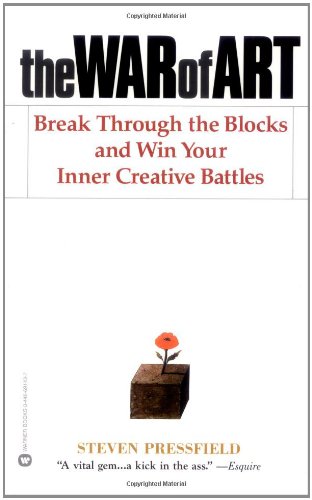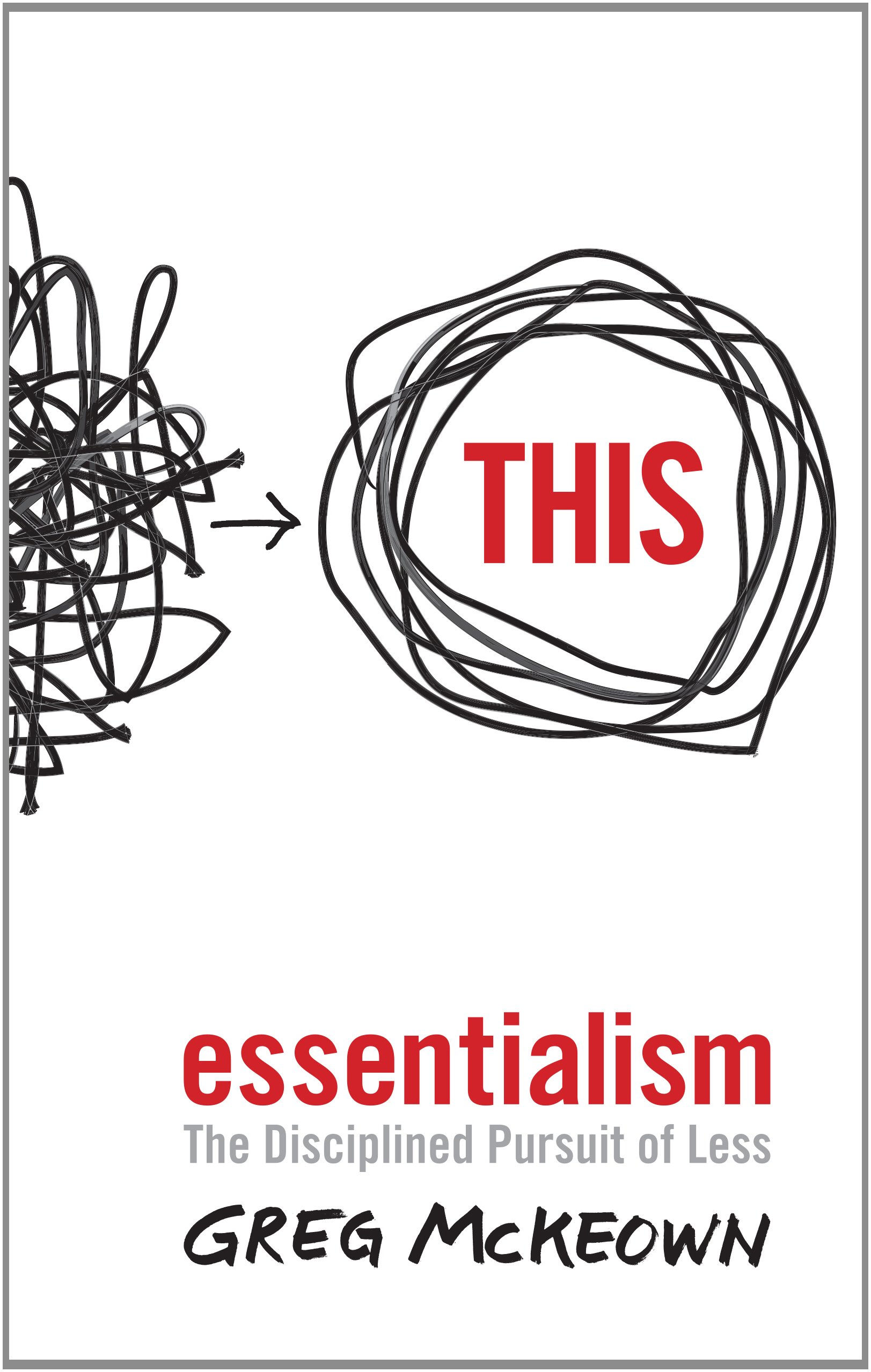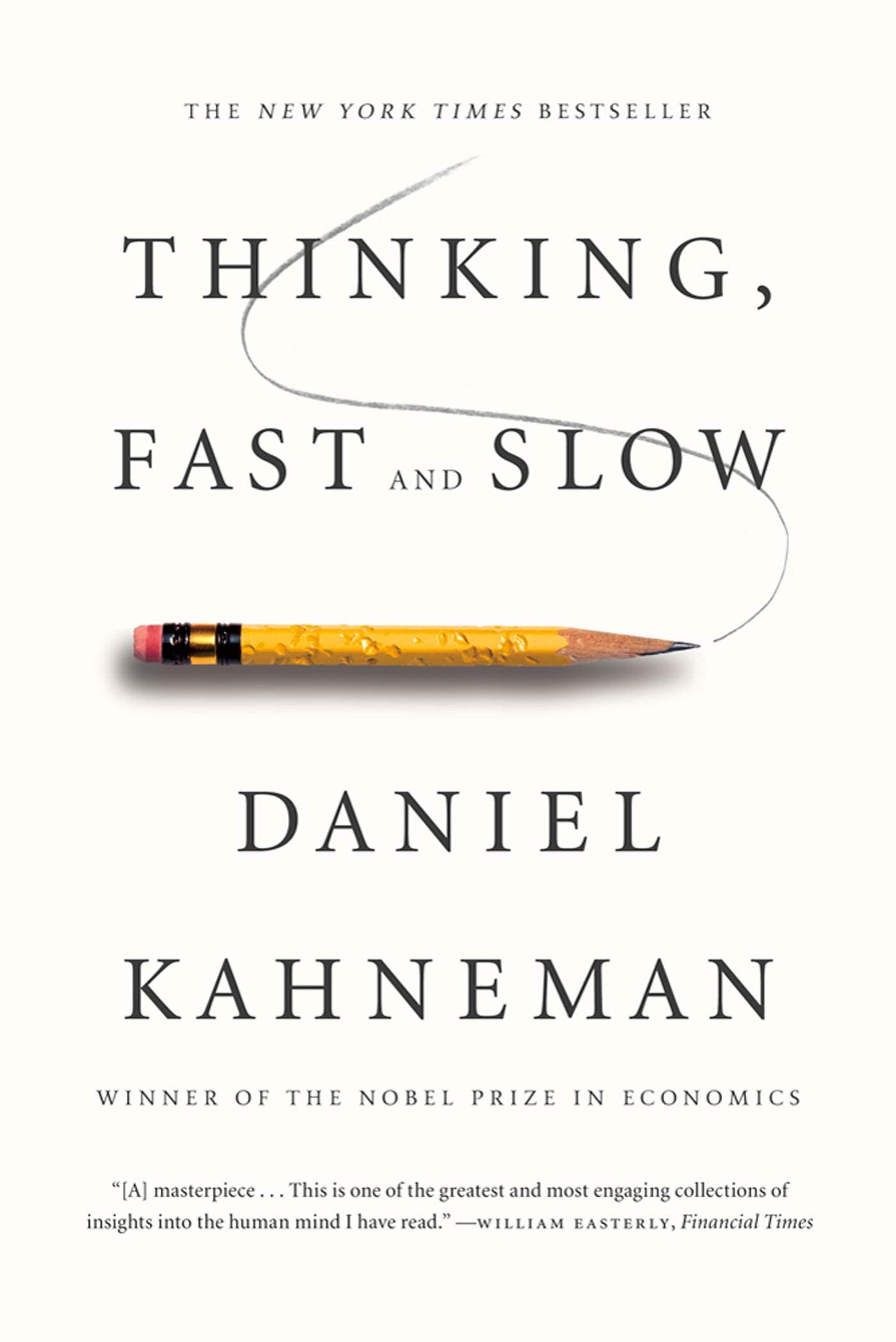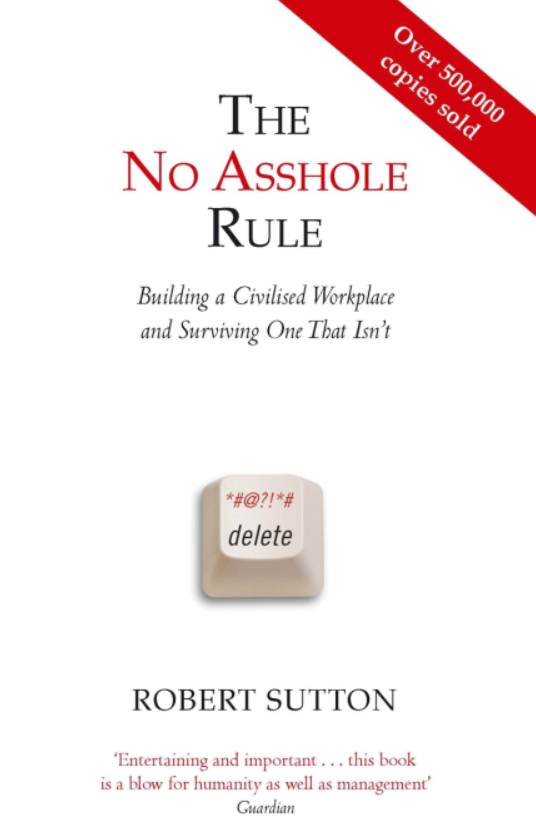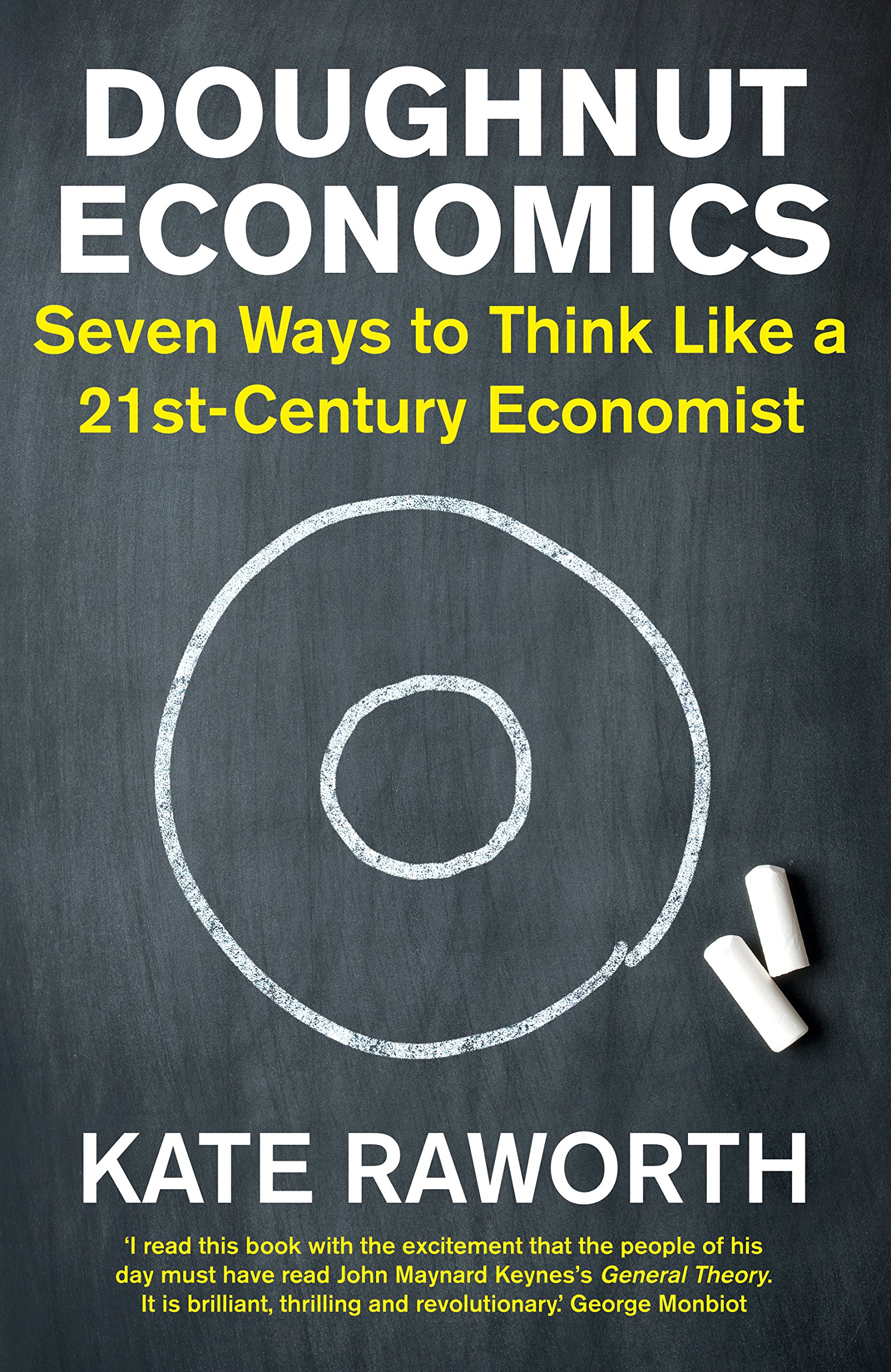Sit down and start your work; there is no shortcut.

The war of art by Steven Pressfield (and its smaller companion Do the work) are pithy guides to creative productivity. There are so many reasons why we all don’t do what we intend to. If it were easy, anyone could write a novel or produce a work of art. The main point Pressfield communicates is that there are many forces preventing us from bringing our creative/productive selves forward. The way through is by generating systems that force you to put in the grind. Production breeds productivity. If you can do the work for its own sake (rather than to please others) it will be even more fulfilling.
Key points:
- The hard part isn’t doing the work, it’s the sitting down to work
- Anything that aspires to give long-term results, whilst delaying short-term comfort, will conjure resistance. I.e. anything meaningful
- Includes the decision to have a child, education, commitment to a creative calling, fitness programmes etc
- We claim resistance comes from other people/things but really it is an internal construct
- Resistance becomes stronger the more important a call to action is
- It also is at its strongest right before the end
- But the greater the resistance, the greater the satisfaction when you do the work
- Resistance most often manifests as procrastination; or any form of instant gratification
- Therefore immediacy of action is the cure against resistance
- It also leads to feelings of guilt
- Being professional is knowing that success and happiness come as a by-products of putting in the work
- Resistance provides with (true) rationalisations that prevent us from doing the work e.g. something more urgent, someone else needs help/support
- Prioritisation is: (a) knowing the difference between important and urgent; (b) doing what’s important first
- Resistance preys on the knowledge that amateurs are so personally identified with their work that it generates fear it won’t succeed, so the work never gets done
- Whereas a professional doesn’t take success or failure personally, just as the Bhagavad Gita suggests we should put in the effort and allow whatever success to come to us
- Resistance uses our friends and family to prevent us from making changes
- Friends and family want us to stay as we are but what we are doing inevitably requires change
- Once you give in to resistance once, it becomes easier to give in again
- Think of yourself, the professional, as a company – then you can treat doing your craft as going to work
- Pressfield also describes the idea of works already ‘existing’ and being ‘out there’, but they require a body/person to bring them forward into reality [similar to Elizabeth Gilbert’s Big Magic]
- The biggest fear is one that we will utilise the ability we have and succeed
- This would result in a massive rejection/change in ourselves, our lives, and many of the stories we tell ourselves
- Try not to be a ‘hack’ (i.e. someone who writes to try and anticipate what their audience will want) – this is to pedal to the hierarchy
- Instead, create what you want to create
- Aim to be sustained by the act itself, rather than by the impact it has on others
More books like this:
- Keep going by Austin Kleon
- Big Magic by Elizabeth Gilbert
